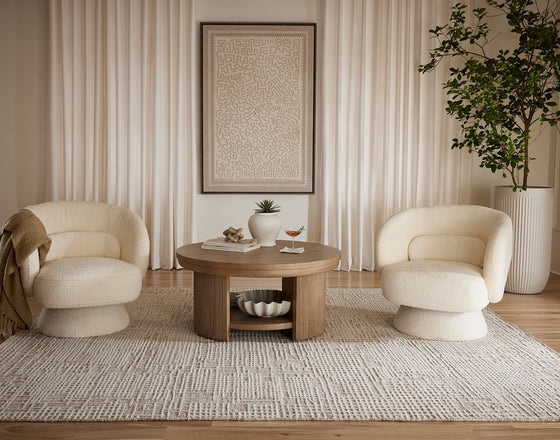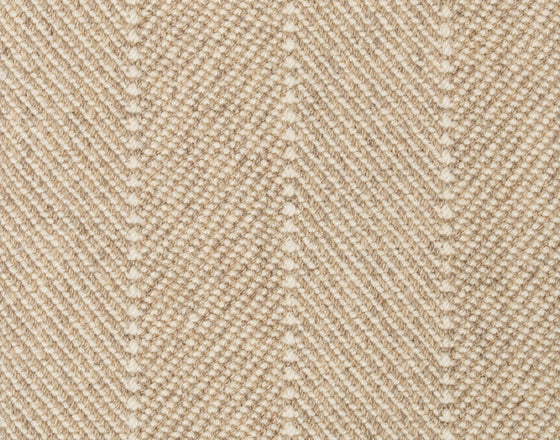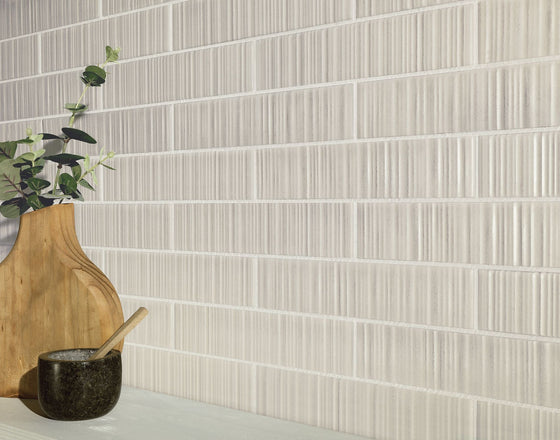Vinyl, also known as luxury vinyl plank (LVP) is the fastest growing flooring category today. Everyone from homeowners to interior designers to commercial builders have embraced the visuals, ease of installation and durability of vinyl.
Vinyl is most often used as a substitute for hardwood and in some cases laminate or carpet. We’ll examine how vinyl compares to hardwood across a few factors:
- Design & Look
- Durability & Maintenance
- Ease of Installation
- Cost
Design & Look
At first glance, the luxury vinyl planks are hard to distinguish from hardwood floors. Luxury vinyl planks are available in variety of colors, designs and looks inspired by natural products and some even are enhanced to feel similar to hardwood. In addition, because of the stability of the core, you can have longer and wider planks than typical hardwood products.
Durability & Maintenance
Vinyl products have a major advantage over hardwood floors when it comes to durability and maintenance. Fluctuations in humidity caused by weather, like Chicago’s dry winters and humid summers, can wreak havoc on hardwood floors. Unlike luxury vinyl floors, wood is susceptible to moisture, which causes it to expand and contract.
A major advantage of vinyl is that it is waterproof. In addition, luxury vinyl can be cleaned and maintained easily with soap and water (hardwood cannot be). Even if you experience a flood in your basement with vinyl installed, that product should survive and you will be able to re-install it after the clean-up. That would never be the case with hardwood floors.

Ease of Installation

The ease of installation of vinyl flooring is another major advantage compared to hardwood. The most popular products today utilize a click or locking system that allows the floors to be floated over most existing floors. Wood, on the other hand, requires a perfect subfloor for installation and most cannot be installed below grade.
Cost

Vinyl offers high-end wood looks often associated with oil finished floors at a fraction of the cost. In addition, installation costs for vinyl will typically be far less than the costs of installing hardwood floors.
For the above reasons and more, vinyl should be considered for both residential and commercial installations.











